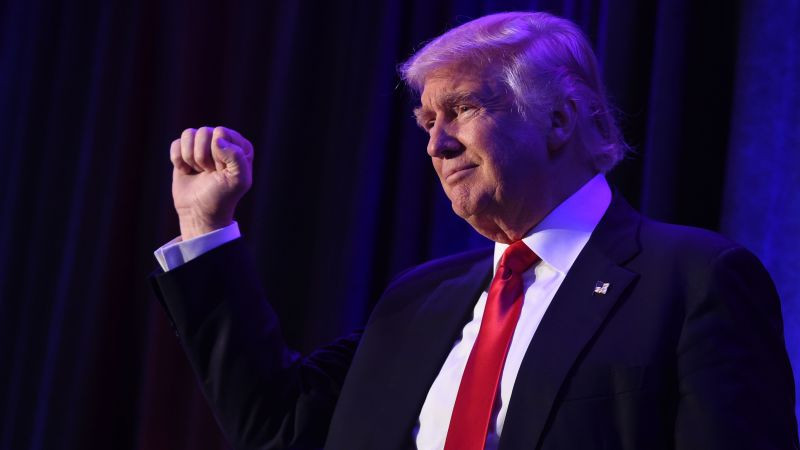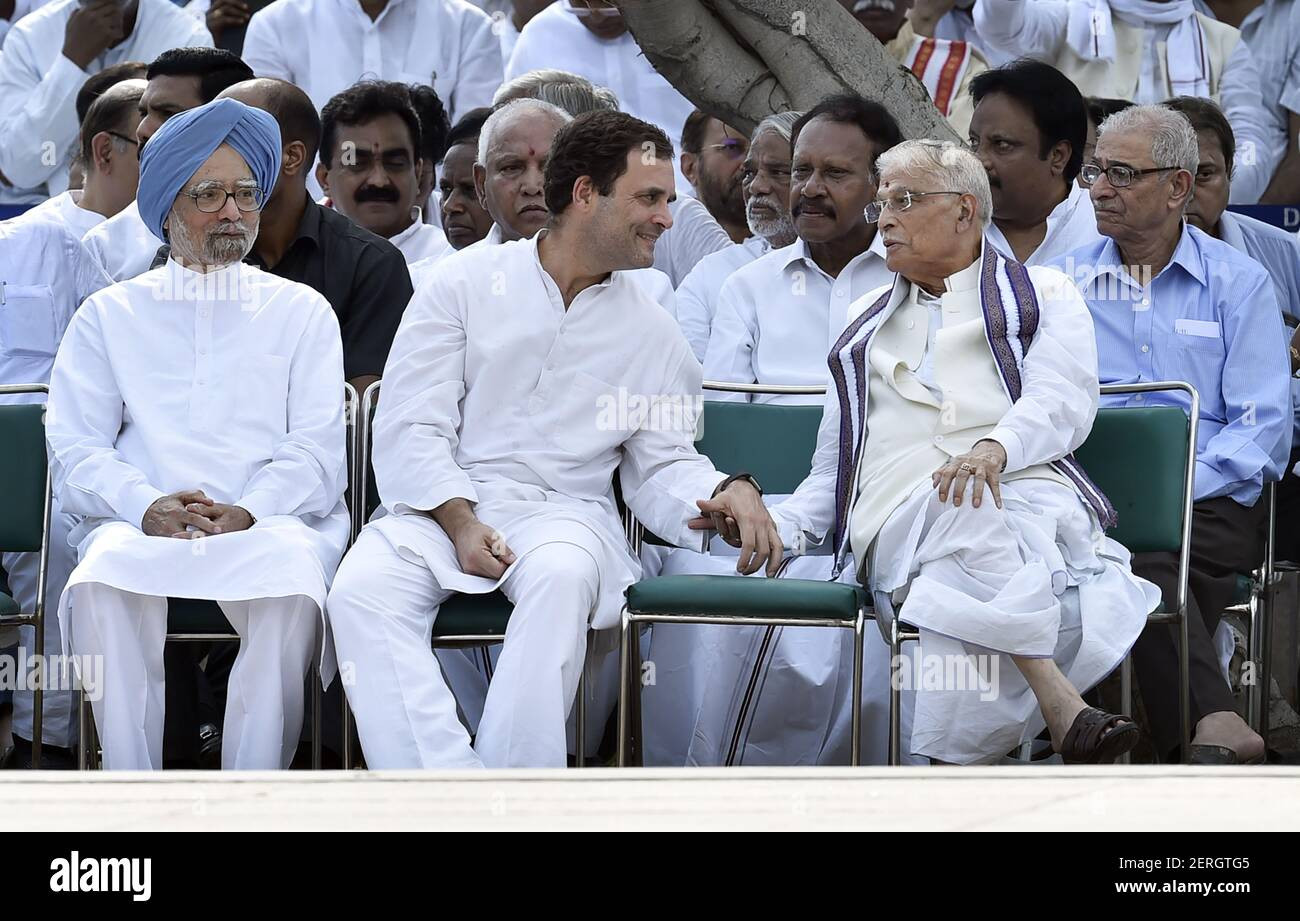With a fireball sunrise illuminating Arlington National Cemetery, I rode the blue line train from Washington, D.C. to Reagan National Airport Friday after spending a few cherished days with my daughter.
It’s hard to imagine any sentient person passing by Arlington and not being moved by its deep message and vast silence. To stand amid the souls who gave all for their country is not only to be moved to tears and thoughts of one’s own mortality, but also to be reminded of the power of patriotism and the importance of the character of the people we entrust with our nation’s leadership.
Until recent years, it would have been impossible for me to believe that anyone with a scintilla of introspection would refer to those at rest there as suckers and losers.
I was once again reminded that I’m a fan of the D.C. Metro. It is a reminder that you don’t need Mussolini to make the trains run on time.
When the blue line train stopped, morning travelers pulling carry-on bags exited the car and made the short walk into the tidy and well-run airport named after the 40th president of the United States. Ronald Reagan burnished his political legend as the preeminent Cold War conservative who brought down the Soviet Union, but also drove up the federal deficit as he preached about shrinking the federal government. (Historians offer their views of Reagan’s legacy in this article on the Hoover Institution website.)
You don’t hear the gentleman Reagan’s name mentioned much lately. His style is out of step with a time that finds the Republican base responding like professional wrestling fans to the latest lie, insult and threat from the top of their ticket.
It was Reagan’s vice president who we remember with thanks in our family. My daughter Amelia has used a wheelchair to ambulate for nearly two decades. She has benefited from the Americans with Disabilities Act (ADA), which since 1990 has helped ensure the disabled enjoy the rights and protections others take for granted and these days seem only too willing to trample.
It’s fair to say that most citizens don’t often pause to think about the ADA. It was signed into law by President George H.W. Bush, whose single term in office generated its share of admirers and detractors. The elder Bush was too conservative for some, not enough of a Federalist firebrand for others.
But not even his greatest critics would imagine him ever stooping so low as to publicly mock a person with a disability or physical impairment.
Of course, Bush was president in the early 1990s. This is 2024.
Despite all our divisions and differences, you might think that the exposure of a presidential campaign’s undeniable links to an authoritarian plan to take over the government and cripple our system of checks and balances would be a disqualifier for the office — or at least enough to sink it with the voters. But, so far, you’d be wrong.
As convention-bound Democrats prepare to strike up their band in Chicago — and with Beyonce and Springsteen on board, what a band that would be — the Trump-Vance MAGA ticket is showing resilience in key battleground states, especially in Nevada. It’s remarkable, but also not all that surprising in this time of political and media tribalism.
The national political press of late has been abuzz over the rising poll numbers of the rejuvenated Democratic ticket just weeks after President Joe Biden’s decision not to run for a second term. But the polls, time-stamped statistical snapshots, are far from comforting for those who believe Donald Trump wants to remake the country in his own image.
Whether you believe the Heritage Foundation’s Project 2025 is an attempt to harvest a crop planted during the Reagan administration or is just carrying out the goals of the billionaire class is immaterial. Now that it has been exposed as a playbook for a rapid remake of America into a land led by an authoritarian strongman who sits above the law, the only real question is whether it is prevented from coming to pass.
The fact Trump pretends to know nothing about it is — surprise — belied by the facts. His effort to distance himself from it has been half-hearted, but he’s easily moved on to more comfortable subjects, such as questioning Vice President Kamala Harris’ true racial identity and her running mate Tim Walz’ use of the word “weird.”
From the structure of the federal government to abortion rights, contraception, Social Security, Medicare, child care and public education, big changes are planned for an America that chooses it.
The entry of an ebullient Harris into the race in July has energized Democrats, as evidenced by last week’s stops in Las Vegas and Reno with Minnesota Gov. Walz. The former high school football coach is a guy so happy to be put in the game and lead the block for Harris that I’m starting to fear for the folks in the front row of those rallies. Their bring-back-the-joy tour is still working to bring down the house.
America's Shifting Political Landscape
A full-throated endorsement from Nevada’s powerhouse Culinary Union only added to the sense of reinvigoration at a time Trump was dispatching running mate Sen. J.D. Vance (R-OH) to spread the gospel of grievance and remind the faithful that they have been failed by Biden.
Set aside partisanship and take a close look at those polls, especially the well-quoted survey gathered by The Cook Political Report with Amy Walter. The swing states, which include North Carolina this time, are all within the margin of error with Nevada still jumping for Trump. In other words, too close to call. A recent Pew Research poll breaks down the demographics with its usual depth and rigor.
But too close to call won’t cut it. Not with the GOP threatening to litigate everything from the vice president’s eligibility to the results of an election still weeks away.
It’s admittedly an unscientific observation, but Trump’s lack of energy on the stump is showing. And his stream-of-consciousness grievance routine has become dizzying even for some of his biggest apologists. It’s also clear that Trump’s standard cheap shots, which landed hard in 2016, increasingly play like ugly and outdated lounge comedy in 2024. Talking about your opponent’s skin color and ethnic heritage, really?
If a certain longtime Nevada political observer’s trademark reminder still holds true and “we matter” in November, then that means the state’s Democrats still have plenty of work left to do.
The Unmaking of America: A Warning from the Heartland
No matter the outcome, the morning after the election the sun will rise once again over Arlington and shine across this imperfect but already great nation.
By then, or soon after, we will have decided what kind of nation we want to wake up in.
John L. Smith is an author and longtime columnist. He was born in Henderson and his family’s Nevada roots go back to 1881. His stories have appeared in New Lines, Time, Readers Digest, Rolling Stone, The Daily Beast, Reuters and Desert Companion, among others.
Ricochet is the best place on the internet to discuss the issues of the day, either through commenting on posts or writing your own for our active and dynamic community in a fully moderated environment. In addition, the Ricochet Audio Network offers over 50 original podcasts with new episodes released every day.
“People say America is like 50 countries in a trench coat… eh… It is more like 200 countries bouncing on a trampoline. – Jack Wylder
This is excerpted from an essay available on Larry Correia’s webpage. (Click on the link and read the whole thing. It is worth it.) In it, the author asserts the US is made up of a collage of intermixed but different cultures and identities. It is true and part of the genius of America. There are so many choices that everyone can find some place they fit in.
Certainly it was true with me and with my late wife Janet. We both grew up in Michigan, but never quite fit in. After college, we moved from Michigan to Texas. Suddenly it felt like we had come home. Being Texans fit us, and we never left. If we had stayed in Michigan, I suspect we would have lived on, feeling vaguely uncomfortable and never quite fitting in.
Part of the reason this collage works is because historically Americans have been tolerant of the other neighboring cultures. This is not to say there has not been friction, sometimes bad enough to break out in violence. Individual groups have varying levels of prejudice and intolerance, but it is generally contained.
Examples of generations-long sectarian violence such as those seen between the Irish Catholics and Protestants are diminishingly rare in America. Yes, one group will speak disparagingly of another. Yet it rarely went beyond words. At the bottom, folks were willing to mind their own business, as long as the other group reciprocated. If you could not mind your own business, you moved on to someplace else, where you could live your life as you wished.
This tolerance for other groups, the willingness to let them go their way and hold their own opinions seems to be fraying in the last few years. A meme that well illustrates this trend has one person saying to another “You’re entitled to your opinion,” and the other person insisting, “Yes, but my opinions have to come out of your mouth.”
This is the heart of cancel culture. It is the belief that everyone has to think the same, be the same, and hold the same beliefs and goals. It forces everyone to fit the same procrustean bed of thought. It is profoundly Un-American, striking at one of the country’s biggest strengths: diversity of opinion and the willingness to behave independently.
The Goal of the Left is the Unmaking of America?
The goal of the left is the unmaking of America.
Bryan G. Stephens (View Comment):
The goal of the left is the unmaking of America.
Well, yes. Unrelenting and forced homogeneity is one of the tools they are wielding.
This is a very inspiring quote and ty for the link to the full article by Larry Correia.
It might be that I lack the perception necessary to notice cultural differences. I moved 1100 miles, from northwestern Minnesota to middle Tennessee, where I’ve lived for a little over two years. I’ve noticed almost no cultural differences. People here swear a little less and use their turn signals a lot less. They vote differently but live very much the same, as near as I can tell. In both cases, I’ve lived just outside of a town with a population of about 30,000. There’s probably a bigger cultural difference between living in Nashville and Cookeville (100 miles apart) than between Moorhead, MN and Cookeville, TN.
Randy Weivoda (View Comment):
It might be that I lack the perception necessary to notice cultural differences. I moved 1100 miles, from northwestern Minnesota to middle Tennessee, where I’ve lived for a little over two years. I’ve noticed almost no cultural differences. People here swear a little less and use their turn signals a lot less. They vote differently but live very much the same, as near as I can tell. In both cases, I’ve lived just outside of a town with a population of about 30,000. There’s probably a bigger cultural difference between living in Nashville and Cookeville (100 miles apart) than between Moorhead, MN and Cookeville, TN.
But on the plus side, at least you no longer have to admit to having Governor Smoking Tampons In The Boy’s Room.
Randy Weivoda (View Comment):
It might be that I lack the perception necessary to notice cultural differences. I moved 1100 miles, from northwestern Minnesota to middle Tennessee, where I’ve lived for a little over two years. I’ve noticed almost no cultural differences. People here swear a little less and use their turn signals a lot less. They vote differently but live very much the same, as near as I can tell. In both cases, I’ve lived just outside of a town with a population of about 30,000. There’s probably a bigger cultural difference between living in Nashville and Cookeville (100 miles apart) than between Moorhead, MN and Cookeville, TN.
The key is you moved from like to like – small town, near rural, same basic culture. But move to downtown Memphis from where you are now. Or move to coastal Louisiana. Move to a University town or a capitol city. (There is a reason they call Austin the blueberry in the tomato soup of Texas.)
Sometimes the differences are subtle, too and other times they hit you in the face like a brick. Texans are generally friendly and helpful, for example. But in rural East Texas they are proactively friendly. Back in the 1990s (before cellphones) if your car broke down in Galveston County, after a while someone would stop to help. When my car broke down outside Mountalba (in Anderson County) the next car that came along stopped to help. So did the next one. And the next one. I had blown a hose. One guy patched it with duct tape while someone else went and got new water for my radiator. Two others escorted me 10 miles to Palestine to make sure I got there okay.
Seawriter (View Comment):The key is you moved from like to like – small town, near rural, same basic culture. But move to downtown Memphis from where you are now.
Indeed. When people say we need to break this country up because the states are so entirely different from each other, I shake my head. A California farmer probably has more in common with a Missouri farmer than either of them have in common with a college professor from one of their own state’s largest cities.
Randy Weivoda (View Comment):
Indeed. When people say we need to break this country up because the states are so entirely different from each other, I shake my head. A California farmer probably has more in common with a Missouri farmer than either of them have in common with a college professor from one of their own state’s largest cities.
Correia made that point, too.
Choosing Florida over California was an excellent choice, on so many levels. FL has become a red state with an incredible governor. Even though a gated community seemed like a good choice at the beginning, I think it will be an even better choice if things blow up.
Seawriter (View Comment):
Randy Weivoda (View Comment):
Indeed. When people say we need to break this country up because the states are so entirely different from each other, I shake my head. A California farmer probably has more in common with a Missouri farmer than either of them have in common with a college professor from one of their own state’s largest cities.
Correia made that point, too.
Cities rot people’s brains.
Forgot your password?
Lost your password? Please enter your email address or username. You will receive an email with a link to set a new password.
Back to login


















